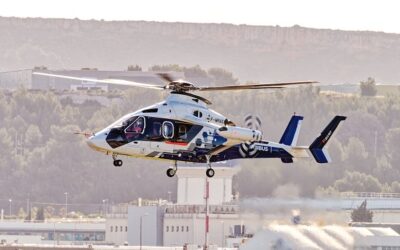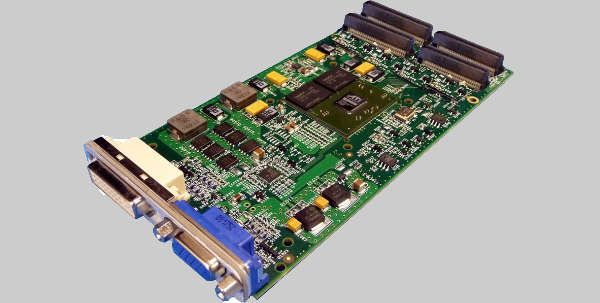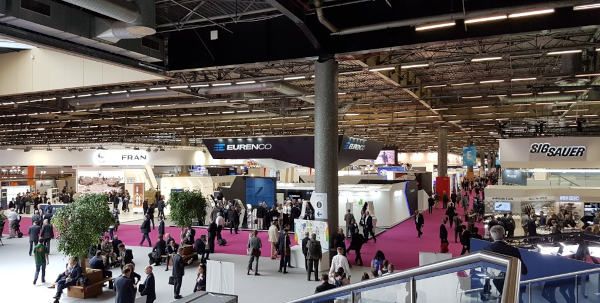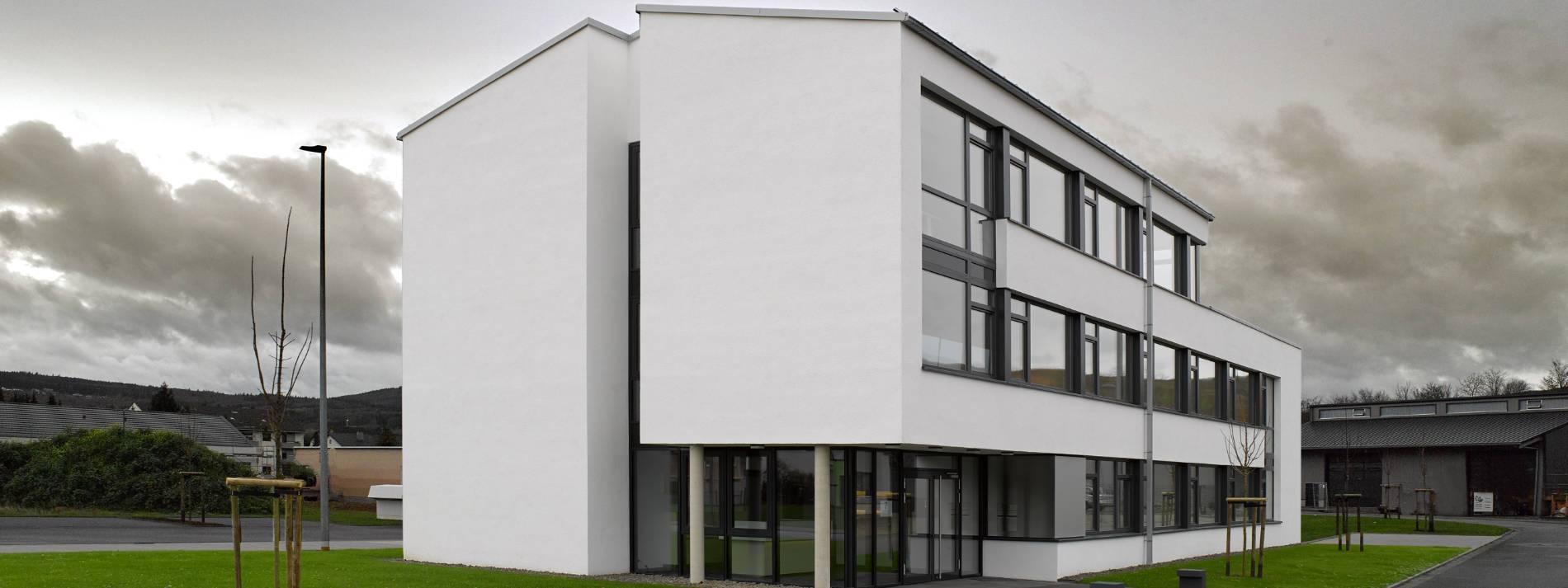Sustainable Fuels will Slash Carbon Emissions
Following the UK MoD’s changed aviation fuel standards that came into effect last month, RAF aircraft including the F-35, TYPHOON and the WILDCAT helicopter could use up to 50% sustainable fuel sources in future, Defence Secretary Ben Wallace announced on 12 December.
Known as ‘drop-ins,’ these sources include hydrogenated fats and oils, wood waste, alcohols, sugars, household waste, biomass and algae. As aviation currently accounts for nearly two thirds of fuel used across defence, the new standards will lead to a significant reduction in emissions and improve the department’s carbon footprint. Estimates are that substituting 30% of conventional fuel with an alternative source in a jet travelling 1,000nm could reduce CO2 emissions by 18%. As well as cutting emissions, using diverse and readily available materials such as household waste (including packaging, grass cuttings and food scraps) will prevent waste being sent to landfill.
“The UK is leading the way in sustainability and by refining our aviation fuel standards we are taking simple yet effective steps to reduce the environmental footprint of defence […] As we strive to meet this government’s Net Zero carbon emissions target by 2050, it is right that we step up to spearhead these positive changes across both military and civilian sectors,” the Minister stated.
On the same day, the UK co-hosted the Climate Ambition Summit with the UN and France, wherein over 70 world leaders were to make bold commitments to cut emissions, fund climate finance and adapt to climate change ahead of COP26 in Glasgow next year.
The MoD’s move to allow up to 50% sustainable fuel marks a huge shift in global fuel consumption and opens the door for thousands of civilian and military aircraft to be fuelled with Sustainable Aviation Fuels (SAFs). Not only do Australia and several NATO countries rely on the UK’s standards to influence what fuel they use, but civil and commercial airlines in the UK follow the defence standard, as there is no commercial equivalent. UK suppliers are also more likely to offer the same standard for commercial aircraft if they are already developing and importing sustainable fuel to supply defence. The Compania Logistica de Hidrocarburos-Pipeline System (CLH-PS), which is based in Madrid and provides fuel to several military airfields as well as Heathrow, Gatwick, Manchester airports, has welcomed the new MoD standards as an opportunity to pursue sustainable fuel use.
“The Defence Strategic Fuels Authority has been working tirelessly with industry partners to change the Defence Standard for Aviation Fuel, allowing SAF deliveries to the MoD. This is a significant change for Defence, enabling us to take a key step towards reducing our CO2 footprint, consistent with our wider ambition for achieving NZ50. And this is only the beginning […] With the Defence Climate Change and Sustainability Strategy, due for release later this year, we are at the start of a journey to adopt a range of greener policies and new greener technologies, so that we can reduce our environmental impact while enhancing our operational capabilities,” commented the Chief of Defence Logistics & Support, Lt Gen Richard Wardlaw.
The MoD’s Climate Change and Sustainability Review, led by Lt Gen Richard Nugee, will focus on a range of initiatives from the department’s NZ50 strategy to setting the right baseline for defence’s emissions and carbon footprint, with findings set to be published in early 2021.

























